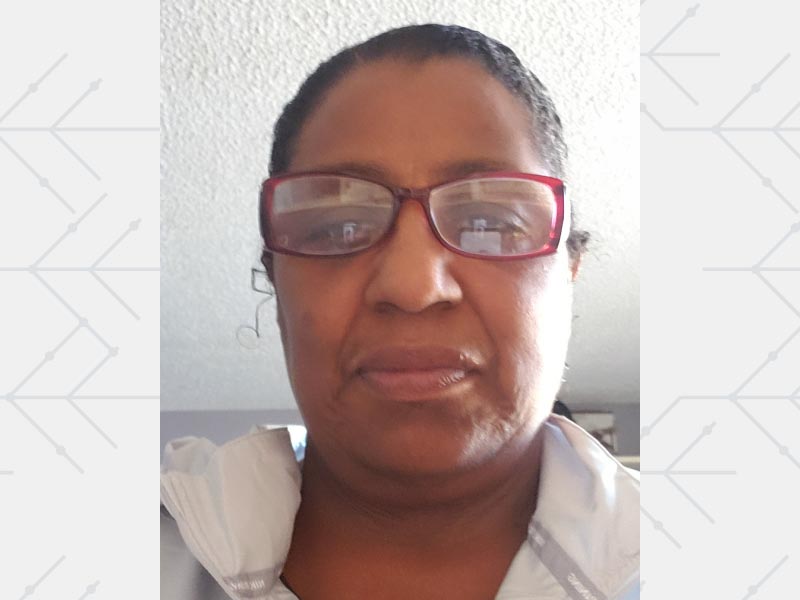Chef's persistent symptoms at last lead to hypertrophic cardiomyopathy diagnosis

For four painful, frustrating years, Shawn Lewis was sick.
"I always had pneumonia, bronchitis, swelling, or my asthma would act up," said Lewis, a chef then living in Georgia. "It got so bad I could barely catch my breath. That's when I went to the ER."
In the emergency room, doctors told her she had congestive heart failure. But after consulting with several cardiologists, she found out that her diagnosis was more specific – hypertrophic cardiomyopathy, or HCM. The disease is usually caused by abnormal genes that make the septum, a wall in the heart's main pumping chamber, thicken and stiffen, in some cases reducing blood flow into and out of the heart.
HCM is a heart muscle, or myocardial, disorder that can't be explained by another cardiac or systemic disease. In some cases, people with HCM are at greater risk for developing abnormal heart rhythms, including atrial fibrillation – a quivering or irregular heartbeat that can lead to blood clots, stroke or other cardiac problems.
HCM is a chronic and progressive disease. As HCM progresses, it can cause heart failure in some patients. Heart failure means that the heart isn't able to keep up with the needs of the body.
That's what happened to Lewis.
In 2015, she moved to California, where she eventually was hospitalized for 65 days battling HCM symptoms such as fatigue and shortness of breath before getting a temporary heart pump a left ventricular assist device. Then, in 2016, she had a heart transplant.
But HCM took the life of her father and son the following year.
"My son was diagnosed with HCM when he was 34 and he passed when he was 37," Lewis said. "Being young, I don't think he thought it was as bad as it was – he thought he had it under control and could manage it."
Once considered rare and terminal, HCM can cause fatigue, fainting, shortness of breath, chest pain or heart palpitations. Some people with HCM have no symptoms. In a small percentage of cases, HCM can lead to sudden cardiac arrest.
Lewis knows well the importance of recognizing the symptoms and working with her health care team to better monitor the disease.
"My first doctors weren't a good fit," she said. "I knew there was no need to go any further – if they weren't listening to me, I couldn't listen to them. I tell other people not to be afraid to search around. It's your health."
HCM's hereditary nature, draining symptoms and winding road to diagnosis can take a mental toll, said Lewis, who had post-traumatic stress disorder from her diagnosis and chronic illness.
"If your body isn't right, your mind won't be right. So the mental health aspect is important."
Despite challenges caused by the COVID-19 pandemic, Lewis is staying healthy, connecting with her health care team regularly and looking after her mental well-being.
"My doctors told me in February to start staying home," she said. "It's been mentally challenging, but I'm walking inside my house and doing what I need to stay healthy."
Her advice for others with HCM: "Take it seriously and try to control it to the best of your ability."
Learn more about hypertrophic cardiomyopathy at heart.org/HCM.





